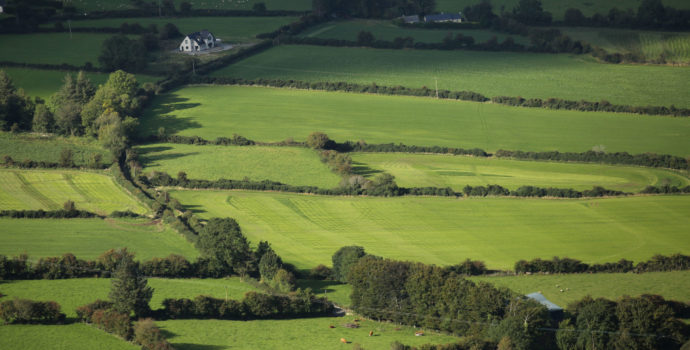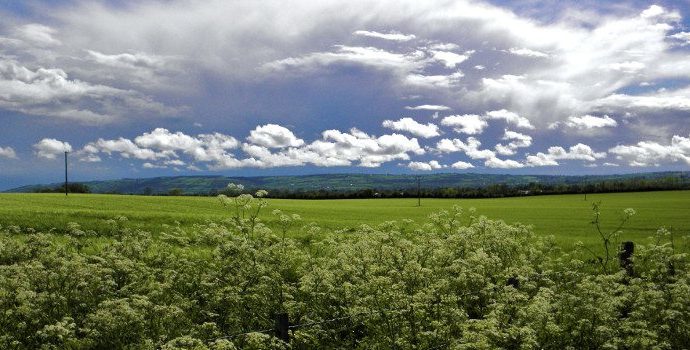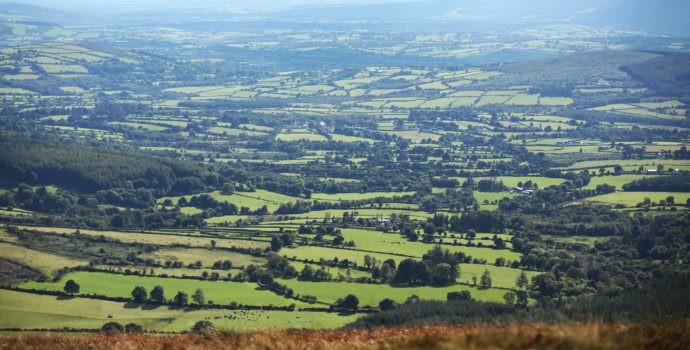
IFA Environment Chairman Thomas Cooney said that Ireland’s climate focus on improving efficiency in the agriculture sector dovetails with key proposals contained in the UN Intergovernmental Panel on Climate Change report published today.
Thomas Cooney said, “Ireland is the only country in the world that measures, monitors and manages carbon from farm to fork, with over 200,000 carbon assessments now completed. No other sector of Irish society has demonstrated such a commitment to understanding and endeavouring to make a climate difference, given that there are just over 130,000 farm families in Ireland”.
The focus on production efficiency in Ireland, as recommended in the UN report is making a difference, with emissions intensity per calorie of food output being approximately 14% below 2005 levels. The figure is projected to fall a further 11% by 2030. This is based on the delivery of current policy measures including the Beef Data and Genomics Programme, the Targeted Agricultural Modernisation Scheme, the Green Low-Carbon Agri-Environment Scheme, Bord Bia’s Origin Green programme and participation in the IFA led Smart Farming initiative.
In addition, Thomas Cooney has supported the report’s view that investment in low-carbon energy technologies and energy efficiency would need to increase dramatically to make the necessary climate difference.
“Farmers have many roles to play. We are food, fuel and energy producers while at the same time we endeavor to address our environmental and climate obligations. Farm-scale and community based renewable energy production is one such area where farmers can make a substantial climate impact. For example, Teagasc’s analysis of the abatement potential of greenhouse gas emissions in Irish Agriculture over the next decade, indicates that almost 9 million tonnes of emissions can be reduced each year from the sector by implementing policy, including those that improve fossil fuel displacement and increased carbon sequestration.”
Concluding Thomas Cooney said, “Tomorrow’s budget provides a real opportunity for Government to make a clear statement of intent when it comes to supporting the delivery of zero carbon farm-scale and community-based renewables in rural Ireland”.




